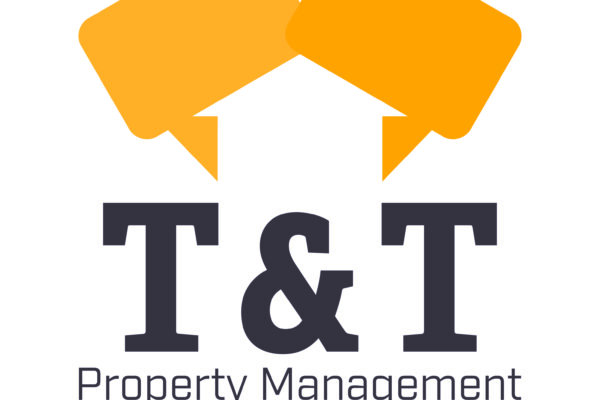T And T Property Management Privacy Policy 09/04/2024
Thank you for engaging with our Google Ads Form Campaign. Your privacy is important to us, and we are committed to protecting your personal information. This Privacy Policy outlines how we collect, use, disclose, and manage the information collected through our Google Ads Form Campaign.
- Information Collection:
- We may collect personal information such as your name, email address, phone number, and any other information you provide voluntarily through the Google Ads Form Campaign.
- Use of Information:
- We use the information collected to respond to your inquiries, provide requested information, or fulfill other purposes disclosed at the time of collection.
- Your information may be used for internal purposes such as analyzing campaign effectiveness, improving our services, and enhancing user experience.
- Disclosure of Information:
- We do not sell, trade, or otherwise transfer your personal information to third parties unless we provide you with advance notice or obtain your consent, except as required by law.
- We may share your information with trusted third-party service providers who assist us in operating our Google Ads Form Campaign or servicing you, as long as those parties agree to keep this information confidential.
- Marketing Communications:
- We will not send you marketing communications unless you have explicitly opted in to receive such communications.
- You have the option to opt out of receiving marketing communications at any time by following the instructions provided in the communication or by contacting us directly.
- Data Security:
- We implement appropriate technical and organizational measures to safeguard the information collected through our Google Ads Form Campaign against unauthorized access, disclosure, alteration, or destruction.
- However, no method of transmission over the internet or electronic storage is 100% secure, and we cannot guarantee absolute security of your information.
- Retention of Information:
- We will retain your personal information only for as long as necessary to fulfill the purposes outlined in this Privacy Policy, unless a longer retention period is required or permitted by law.
- Changes to this Privacy Policy:
- We reserve the right to update or change this Privacy Policy at any time. Any changes will be effective immediately upon posting the updated Privacy Policy on our website or through other appropriate communication channels.
- Contact Us:
- If you have any questions or concerns about this Privacy Policy or our practices regarding your personal information, please contact us at accounts@tandtpropertymanagement.co.nz.
By engaging with our Google Ads Form Campaign, you acknowledge that you have read and understood this Privacy Policy and agree to the collection, use, and disclosure of your personal information as described herein.
Thank you for engaging with our Google Ads Form Campaign. Your privacy is important to us, and we are committed to protecting your personal information. This Privacy Policy outlines how we collect, use, disclose, and manage the information collected through our Google Ads Form Campaign.
- Information Collection:
- We may collect personal information such as your name, email address, phone number, and any other information you provide voluntarily through the Google Ads Form Campaign.
- Use of Information:
- We use the information collected to respond to your inquiries, provide requested information, or fulfill other purposes disclosed at the time of collection.
- Your information may be used for internal purposes such as analyzing campaign effectiveness, improving our services, and enhancing user experience.
- Disclosure of Information:
- We do not sell, trade, or otherwise transfer your personal information to third parties unless we provide you with advance notice or obtain your consent, except as required by law.
- We may share your information with trusted third-party service providers who assist us in operating our Google Ads Form Campaign or servicing you, as long as those parties agree to keep this information confidential.
- Marketing Communications:
- We will not send you marketing communications unless you have explicitly opted in to receive such communications.
- You have the option to opt out of receiving marketing communications at any time by following the instructions provided in the communication or by contacting us directly.
- Data Security:
- We implement appropriate technical and organizational measures to safeguard the information collected through our Google Ads Form Campaign against unauthorized access, disclosure, alteration, or destruction.
- However, no method of transmission over the internet or electronic storage is 100% secure, and we cannot guarantee absolute security of your information.
- Retention of Information:
- We will retain your personal information only for as long as necessary to fulfill the purposes outlined in this Privacy Policy, unless a longer retention period is required or permitted by law.
- Changes to this Privacy Policy:
- We reserve the right to update or change this Privacy Policy at any time. Any changes will be effective immediately upon posting the updated Privacy Policy on our website or through other appropriate communication channels.
- Contact Us:
- If you have any questions or concerns about this Privacy Policy or our practices regarding your personal information, please contact us at accounts@tandtpropertymanagement.co.nz.
By engaging with our Google Ads Form Campaign, you acknowledge that you have read and understood this Privacy Policy and agree to the collection, use, and disclosure of your personal information as described herein.







